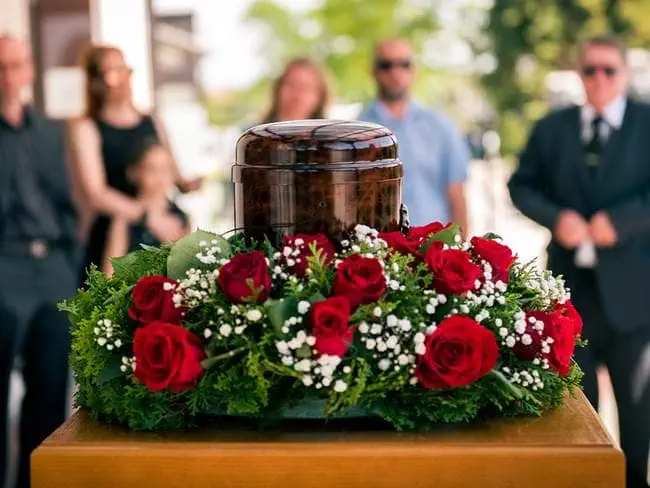
As Christians, we deeply value the sanctity of the human body as a reminder of a person’s life and as a vessel destined for resurrection at Christ’s return. When considering how to honor the body after death, it is natural to turn to Scripture for guidance on practices like cremation.
What Does Scripture Say?
The Bible does not provide explicit instructions about modern cremation. Instances in the Bible where burning the dead is mentioned often relate to specific historical and cultural contexts. For example, in Joshua 7:24-25, the act of burning is part of a punishment for sin, illustrating a negative connotation. Conversely, in 1 Samuel 31:10-12, burning the bodies of Saul and his sons by “valiant” men is portrayed as an act to preserve their honor from further desecration.
In the New Testament, there are no direct references to prohibit or endorse cremation. The silence of Scripture on this specific modern practice suggests that cremation, like many other cultural practices, is left to individual and community discretion.
Cultural Context and Christian Practice
The Bible reflects a time when burial was the common practice, not due to a divine mandate but as a cultural norm. In many biblical references, burial affirms the human body’s dignity and future in the context of resurrection. This view is mirrored in the respectful treatment of bodies and the metaphorical language of burial sites as gardens—places not just of interment but of expectant waiting for renewal through Christ.
Theological Considerations on Body and Spirit
For many believers, the preference for burial over cremation stems from the symbolism it carries: an affirmation of the body’s future transformation and resurrection. This aligns with the scriptural teaching that death is not the end but a transition to a new form of existence, promised through the resurrection of Christ.
Conversely, cremation is sometimes seen as suggesting the body’s lack of significance post-death. However, this interpretation is not universally held, as many Christians view cremation as a practical choice that does not deny the doctrine of resurrection. Scripturally, God’s ability to resurrect transcends human methods of body disposition, as illustrated in Mark 13:27, which speaks of God gathering His elect from all corners of existence.
Diverse Christian Views
While some Christians interpret cremation as incompatible with biblical teachings, viewing it as a practice that originated in contexts disrespectful to the body, others accept cremation without conflict with their faith. They emphasize that in Christianity, what is ultimately important is the spiritual resurrection and eternal life granted through Christ.
Conclusion
In conclusion, the Bible does not explicitly forbid cremation. The decision often reflects personal, theological, and cultural factors. As the Christian community continues to interpret these practices, it is crucial to approach such discussions with grace and understanding, recognizing the variety of ways believers honor their dead in faith and hope of the resurrection.



